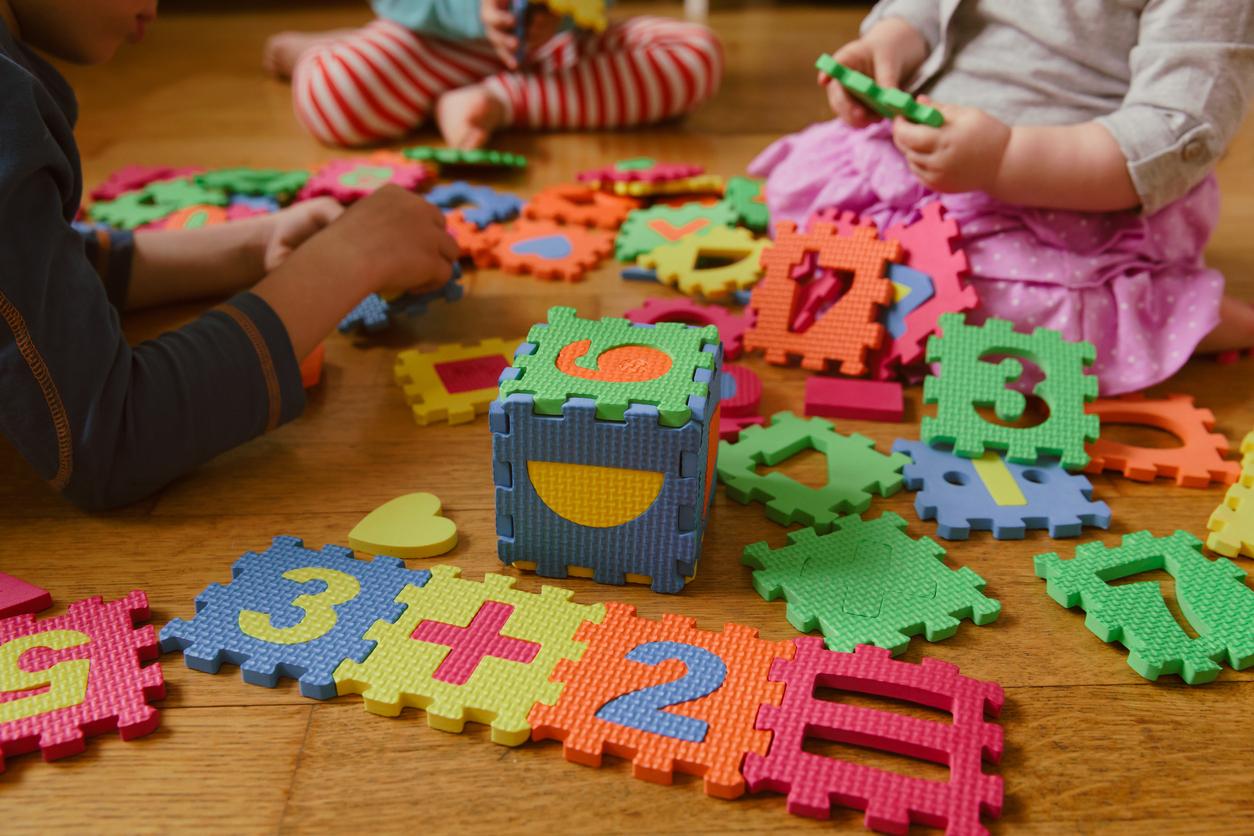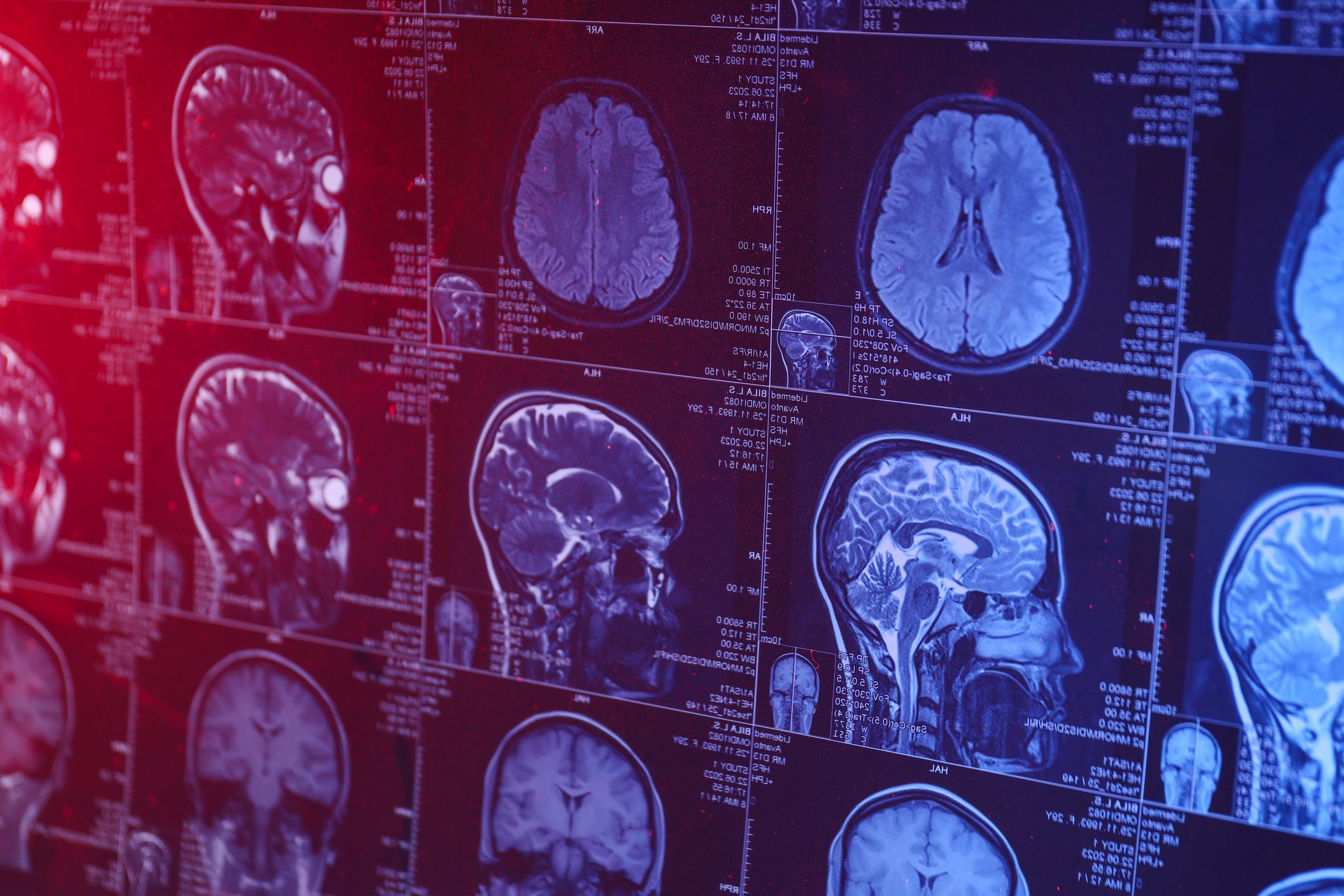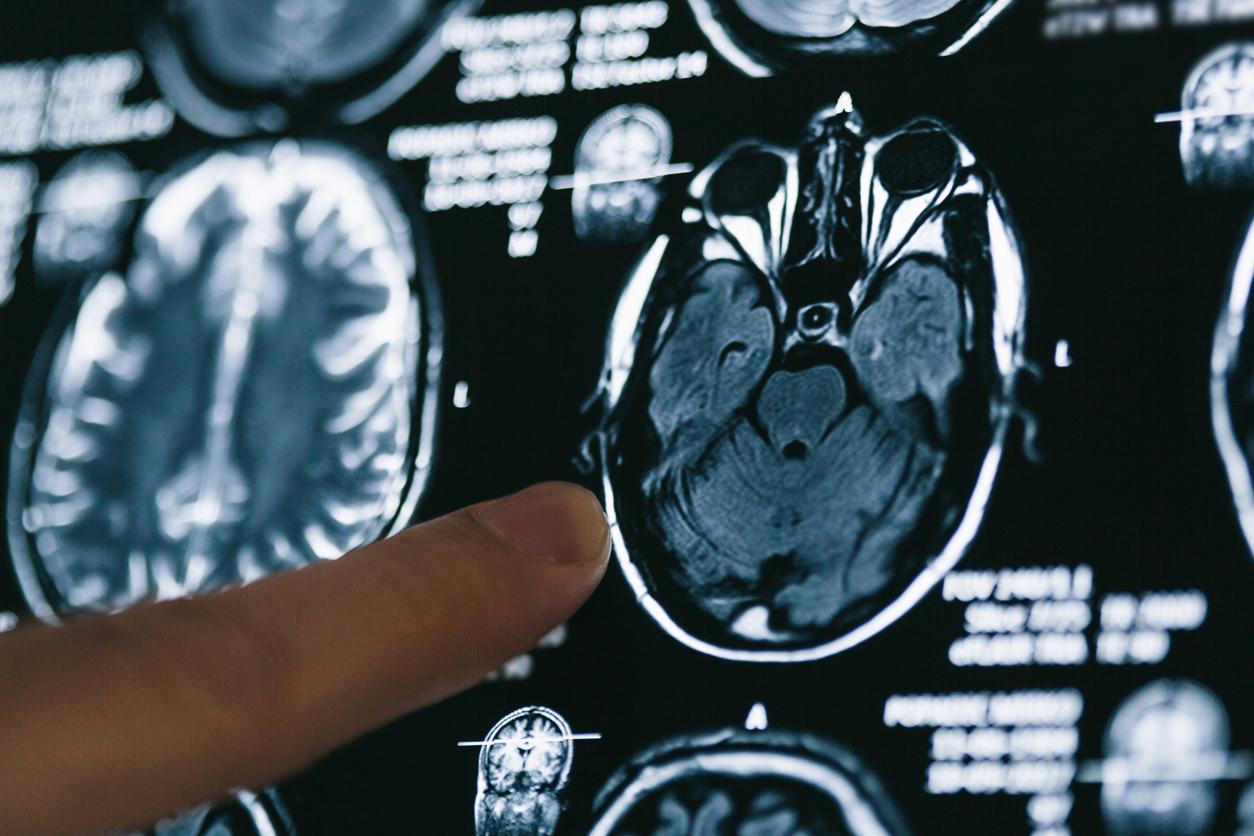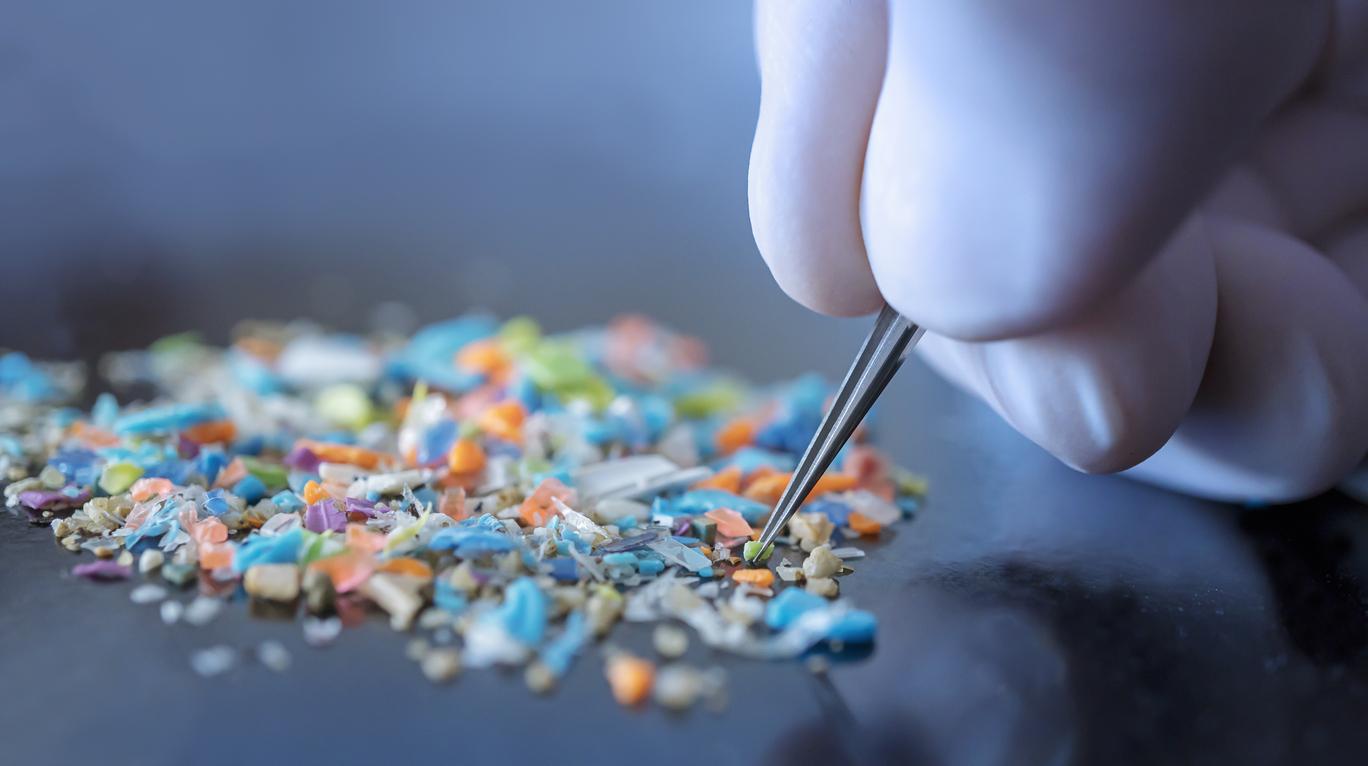Playing is essential for the development of children’s brains, and this, from the first years of life, assures an early childhood expert.

- Engaging in play nurtures early brain development in children before kindergarten, expert says.
- Play promotes the development of new neural pathways. Dr. Harding says these play-focused neural pathways, established before the age of six, have a profound and lasting impact on a child’s future opportunities.
- For her, adults must be aware that play helps develop children’s abilities, just like learning.
Playing is far from being a purely recreational activity according to Dr Jacqueline Hardingearly childhood expert at the University of Middlesex. The scientist who has just published a book on this theme entitled “Tea Brain that Loves to Play“ ensures that play nurtures early brain development before kindergarten.
Small childhood : play and learning should not be separated
Dr. Jacqueline Harding highlights that the latest research in neuroscience and child development shows that play and learning are closely linked. She says it is essential not to separate these two aspects, because the sensory experiences and exploration that occur during these activities promote the development of new neural pathways in toddlers. These are a solid foundation for the “learning and future developments” of the little ones.
She explains in a communicated that when a young child plays “his brain also begins to ‘jump’ and light up with joy as the connections between neurons make impressive progress”. Does this experience count as learning? For her, no doubt.“It appears that a young child’s body and brain are literally designed to be playful, which is crucial for their development,” she says. “Children are naturally wired to play and any significant deviation from this design comes at a price.”
THE games promote the development of different cognitive abilities
Questioned by the magazine NewsweekDr. Jacqueline Harding recalled that different types games stimulate distinct parts of the brain. For example, construction games like Legos can help with spatial reasoning skills, while “playing mom and dad” (or other imaginary scenarios) promotes the development of social skills and the processing of emotions.
“It is well established that imaginative play and creative activities provide exciting biological and neurological benefits for children and adults”added the expert. “One of [nouvelles] The most striking findings is the power of the imagination to turn on or off genes inside nerve cells that produce proteins that can then change the very architecture of the brain. In essence, the imagination speaks to the brain in its language.“
For the expert, it is therefore crucial to support children’s play and she calls for it to no longer be considered as a simple recreational activity. For her, it is indeed a learning and development tool. It therefore encourages parents and early childhood professionals to integrate fun activities into their daily interactions with young children, in order to promote good brain development.
The Dr. Harding concluded: “There’s no doubt, according to all the latest research, that the brain loves to play – and it’s time that as adults we agree with that notion too.”















